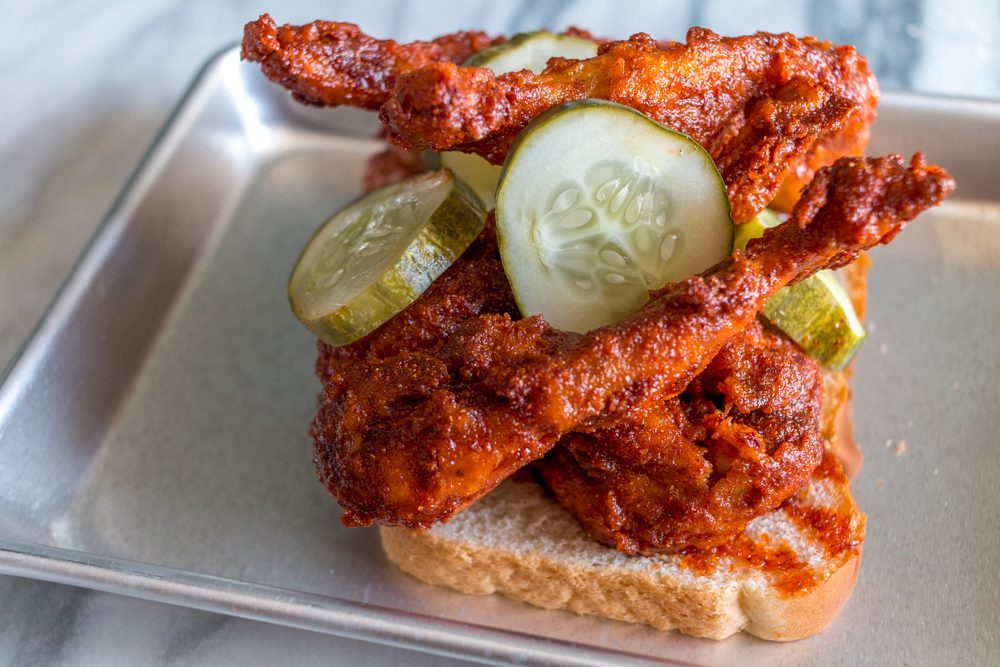The onset of the monsoon has ushered in a renewed fondness for a delicacy that’s infamous, yet underground.
Frog Meat or ‘Jumping Chicken’ as it has come to be known is a much sort after dish these days, available at several eateries and houses. However, the Goa Forest Department has cautioned frog eaters of serious health hazards while also warning them as well as poachers of legal action under Wildlife (Protection) Act.
“Consumption of frog meat over a period of time could trigger paralytic strokes, cancer, kidney failures and other deformities as the toxic recalcitrant residues from the agrochemicals used in the fields to get biomagnified in the food chain, may get accumulated in the fat deposits of these frogs,” reads an advisory issued by the Chief Wildlife Warden.
The department also emphasized that killing of frogs leads to imbalance in the food chain which further affects the terrestrial and aquatic eco system. “Frogs mainly feed on mosquitoes and other insects thereby controlling the vectors of human diseases like malaria, filarial and encephalitis,” it further states.
The officials have also begun stringent check at places where the hunting of frogs usually takes places as well as eateries allegedly serving the frog meat, referred to as “jumping chicken” in code language.
The advisory warns that those found trading or consuming frog meat are punishable under the Wildlife (Protection) Act 1972. Besides the Indian bullfrog – listed in the IUCN Red List and the Jerdon bullfrog species, the Indian pond frog, grass frog and the Common Indian Toad are also poached though rarely, alleged an activist, who has been closely working with the forest department to protect the frogs and crack down on the illegal-doers.
A forest official said that during the rains, the Indian Bull Frogs are poached in large numbers, resulting in the decline of their population.
Source: O Herald O
Image Credit: Team Trilkins


